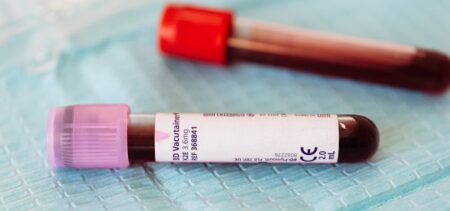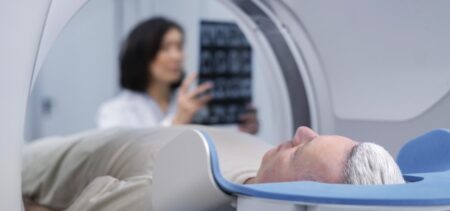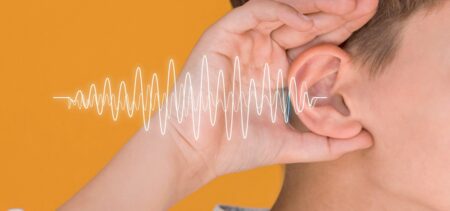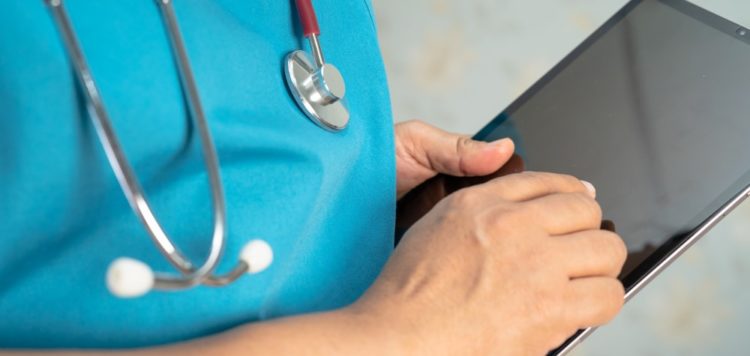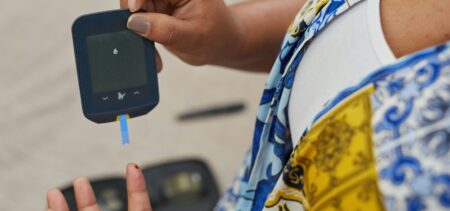IoT has marked a shift in the way the world goes about engaging with the internet. The simplest, most mundane objects now have the ability to connect with the internet, generating data that’s transforming our lives.
One field that IoT is making tremendous headway in, is the world of healthcare. In fact, there are estimates that the Internet of Medical Things (IoMT) market could be worth over $158 billion in 2022
What exactly does this mean for us? Let’s start by understanding the concept of IoMT.
What is IoMT?
IoMT is nothing but a connected infrastructure of health systems and services that generates, collects, analyzes, and then transmits data to the concerned authorities or the patients themselves. By combining medical technology and software, IoMT is enabling greater accuracy in diagnosis, which in turn is bringing major improvements to patient outcomes.
It’s basically making healthcare more proactive than reactive, as care providers can identify issues with patients well before they become full-blown problems. It is enabling doctors to keep track of patients in remote areas, saving patients a long, unnecessary trip for a simple diagnosis.
With the world going into lockdown in 2020, IoMT turned out to be a lifesaver for patients with compromised immunities who couldn’t risk stepping out of their houses and exposing themselves to the virus.
You may not realize it, but IoMT devices have been in our lives for a while now. In fact, you may have even used them as accessories before.
Types of IoMT Devices
Remember Fitbit? When it first came out, it took the world of fitness by storm, offering users an unprecedented look into their own physical activity, sleep times, and more. Though now not as big as it used to be, Fitbit is part of a larger IoMT device category called Fitness Wearables.
Fitness Wearables
These are wearables devices with built-in sensors that have been created to collect data of consumer physical activity, which provides a deeper insight into an individual’s fitness regime. These fitness wearables connect to a smartphone app that enables viewers to easily monitor and share their data. Not restricted to just smartwatches (like the Apple Watch) and wristbands, fitness wearables also come in the form of smart apparel like shoes (HOVR Machina from Under Armour) and shorts (Myontec Mbody).
Clinical-Grade Wearables
These are IoMT devices that are normally used only on the basis of prescriptions from physicians. Clinical-grade wearables usually need to go through meticulous trials and regulatory processes before they are cleared for use by the general public. They are usually certified by regulatory bodies, like the FDA. These devices are designed to give doctors instant data on a patient’s condition. An example here is the Tango®Belt by ActiveProtective®. This clinical-grade wearable takes the form of a smart belt that offers hip protection for seniors, while also detecting if they have had any falls.
Smart pills
Yet another type of IoMT device are smart pills. These FDA-approved pills have electronic sensors that are edible. Once ingested, these pills get activated and transmit data to outside devices like patches, smartphones or monitors. Smart pills enable improved monitoring of vitals, targeted delivery of medication, as well as diagnostic imaging. PillCam COLON is a smart pill which is used an alternative for patients who are uncomfortable with invasive colon screening. It provides gastroenterologists with an exceptionally reliable visualization of a patient’s colon, enabling accurate diagnosis.
Clinical Monitors
Physicians today use a number of IoMT-based clinical devices that are capable of storing crucial patient data directly into the EHR database. These records, once saved in the cloud, can be shared and subsequently reviewed by specialist doctors, as and when the need arises. An example of this is a digital stethoscope. These stethoscopes connect with a mobile app and can be used to record heart sounds during consultations. These can be saved and accessed at a later time.
Conclusion
In the wake of COVID-19, IoMT is just the boost the healthcare industry needs. By reducing the overall cost of care, and enabling more efficient screening of patients, it’s transforming the world of healthcare.
You could say IoMT is certainly taking healthcare into the future—and well beyond.









